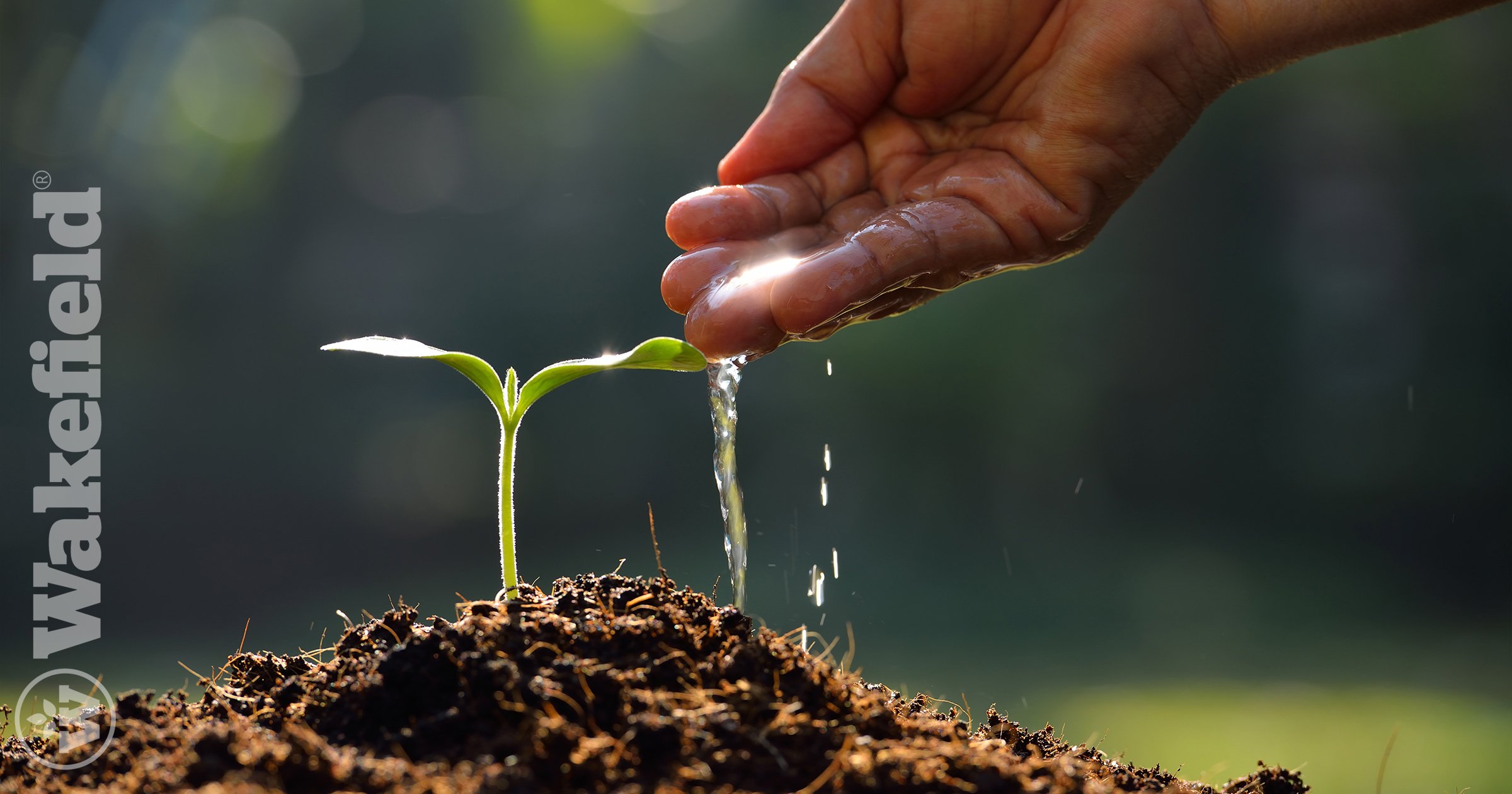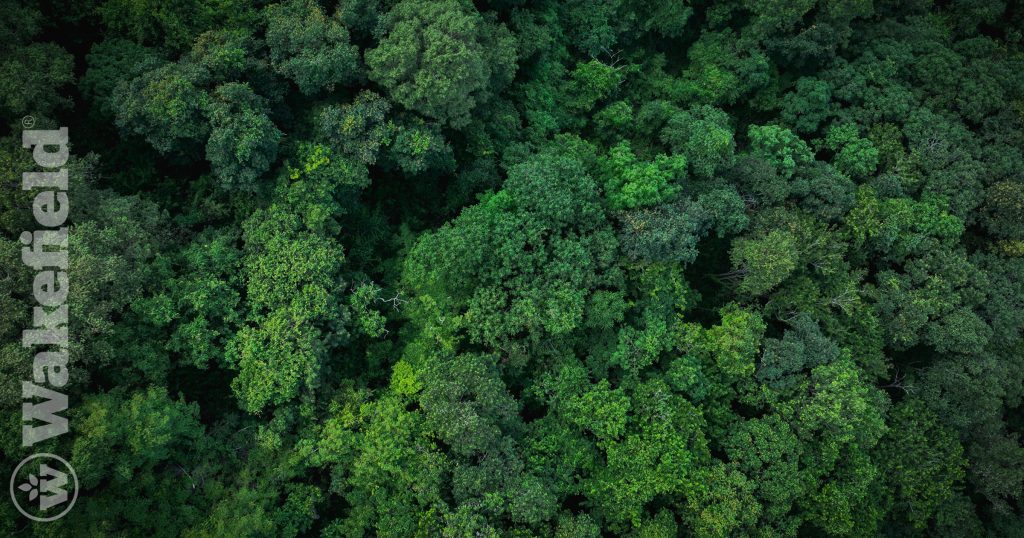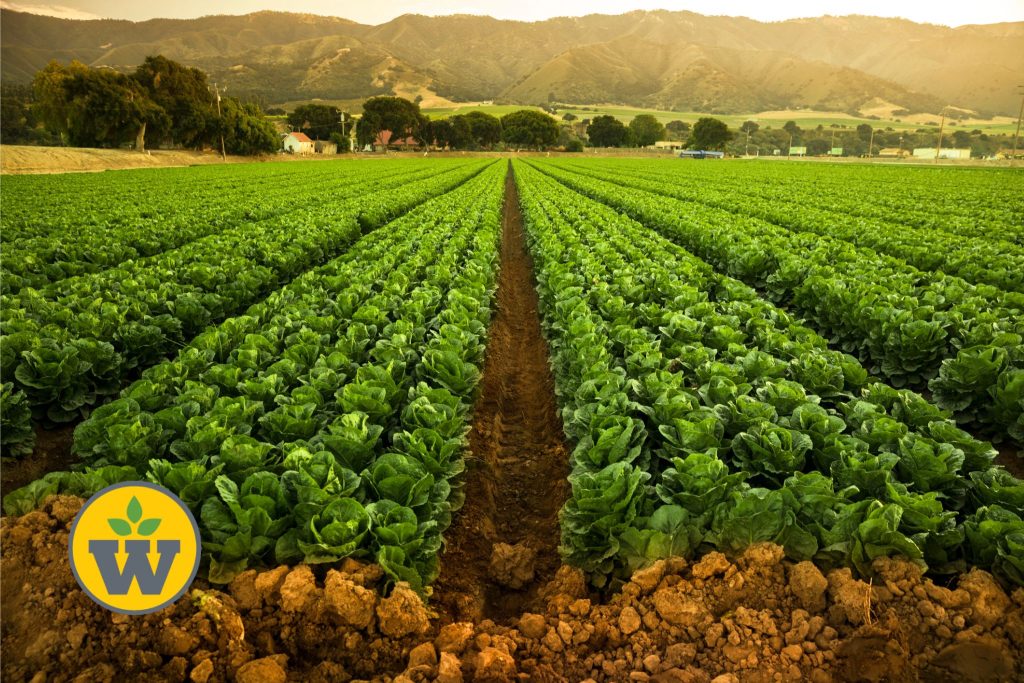Carbon Sequestration with Biochar

Did you know that one of the most effective ways to fight climate change is right beneath our feet? It’s true! Carbon sequestration with biochar is an incredible process that not only benefits the environment but also boosts soil health in meaningful ways.
What is Biochar?
Let’s start with the basics. Biochar is a type of charcoal made from organic materials like wood, leaves, or agricultural waste. The magic happens when these materials undergo pyrolysis, a process where they are heated in a low-oxygen environment. This process transforms the organic material into a stable form of carbon that can be added directly to the soil.
How Does Biochar Sequester Carbon?
When you add biochar to soil, it acts like a sponge, trapping carbon that would otherwise escape into the atmosphere as carbon dioxide (CO2). This trapped carbon stays in the soil for hundreds to thousands of years, keeping it out of the air and actively slowing global warming. But that’s not all—biochar also boosts the soil’s ability to retain water and nutrients, making it a win-win for both the environment and agriculture.
Why is Carbon Sequestration Important?
You might be wondering, “Why is carbon sequestration such a big deal?” The answer is simple. Our planet faces an urgent challenge with rising levels of CO2 in the atmosphere. This increase in greenhouse gases leads to more extreme weather events, rising sea levels, and other climate-related issues. By sequestering carbon, we directly reduce the amount of CO2 in the atmosphere, helping to mitigate these harmful effects.
Biochar: A Natural Solution
Unlike some other methods of carbon sequestration, biochar offers a natural solution. It doesn’t rely on complex technology or chemicals. Instead, it works with nature to lock away carbon in the soil. Plus, the benefits of biochar extend beyond carbon sequestration. It also improves soil fertility, enhances water retention, and reduces the need for chemical fertilizers, making it an excellent choice for sustainable farming.
How Can You Help?
You don’t need to be a farmer to get involved in carbon sequestration with biochar. You can contribute by supporting companies that use biochar in their products and by spreading the word about its many benefits. By making small changes and supporting sustainable practices, you can actively participate in the fight against climate change.
Carbon sequestration with biochar offers a powerful and sustainable way to combat climate change while improving soil health. As our population continues to grow, the need for eco-friendly farming methods becomes even more urgent. Biochar stands out as a unique solution because it’s carbon-negative and actively prevents greenhouse gas emissions. By utilizing waste biomass, biochar not only enhances agriculture but also protects our planet for future generations. It’s a key tool in the ongoing fight for a healthier Earth.







